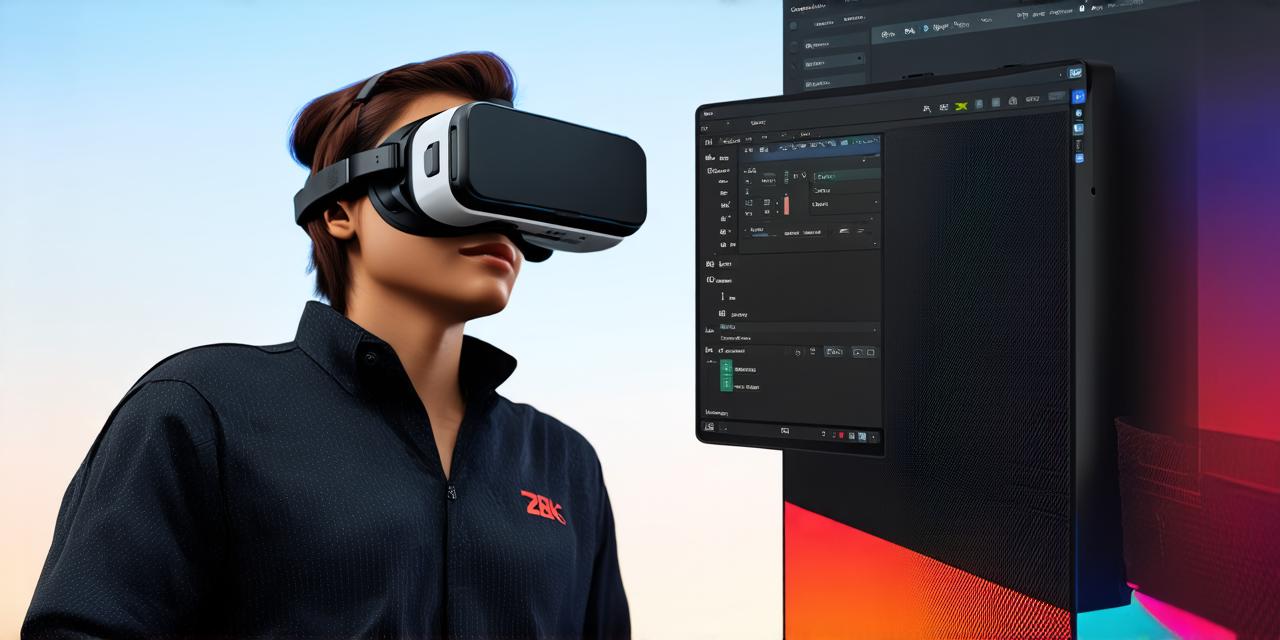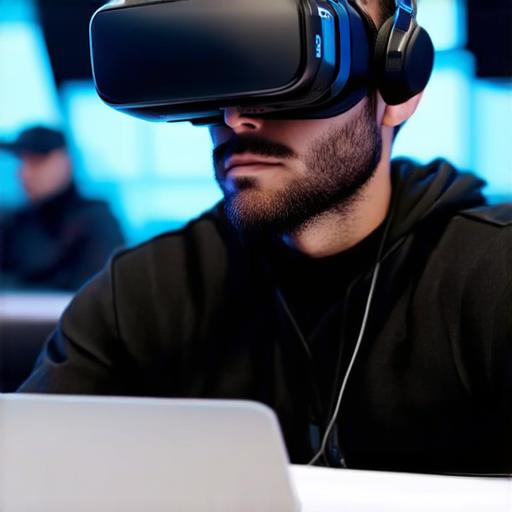
How to begin a career in virtual reality development
Virtual Reality (VR) technology is becoming increasingly popular and is used in various industries such as gaming, entertainment, education, and healthcare. With its ability to create immersive experiences, VR development offers exciting career opportunities for those interested in pursuing a career in this field.
Step 1: Understand the Basics of VR Development
Before diving into VR development, it is important to have a solid understanding of the technology itself. This includes familiarizing yourself with different types of VR hardware and software, as well as the programming languages used in VR development. Some popular VR hardware include the Oculus Rift, HTC Vive, and PlayStation VR. Software platforms include Unity and Unreal Engine, while programming languages like C and Java are commonly used for VR development.
Step 2: Acquire Relevant Skills and Knowledge
In addition to understanding the basics of VR technology, there are several other skills that are essential for a career in VR development. These include 3D modeling and animation, programming, and game design. You can acquire these skills through online courses, tutorials, or even attending workshops and conferences focused on VR development.
Step 3: Build a Portfolio
Having a strong portfolio is essential for showcasing your work and landing jobs in the industry. Your portfolio should demonstrate your skills in 3D modeling, animation, programming, and game design, as well as your understanding of VR technology. It can include projects you’ve worked on personally, as well as collaborations with other developers or designers.
Step 4: Network and Seek Out Opportunities
Networking is key to finding job opportunities in any industry, but it’s especially important in the competitive world of VR development. Attend VR conferences and workshops, join online forums and communities focused on VR development, and reach out to other professionals in the field to learn about potential opportunities. You can also consider freelancing or working on personal projects to gain experience and build your portfolio.
Step 5: Consider Formal Education
While it’s not strictly necessary, pursuing a degree in a related field like computer science or game design can provide valuable knowledge and skills for a career in VR development. Additionally, some universities now offer specialized programs in VR development that can give you the opportunity to gain hands-on experience and build your portfolio.

Step 6: Stay Up-to-Date with Industry Trends
The field of VR development is constantly evolving, so it’s important to stay up-to-date with the latest trends and technologies. This includes keeping an eye on new hardware releases, staying informed about advances in software platforms, and keeping up with best practices in game design and programming.
Step 7: Be Patient and Persistent
Building a career in VR development can be challenging, as the field is still relatively new and competitive. It’s important to be patient and persistent, and to continue learning and improving your skills even when faced with setbacks or failures. With dedication and hard work, you can achieve success in this exciting and rewarding industry.
In conclusion, pursuing a career in virtual reality development is an exciting and rapidly growing field with countless opportunities for those interested. By understanding the basics of VR technology, acquiring relevant skills and knowledge, building a portfolio, networking and seeking out opportunities, considering formal education, staying up-to-date with industry trends, and being patient and persistent, you can achieve success in this rapidly evolving industry.


